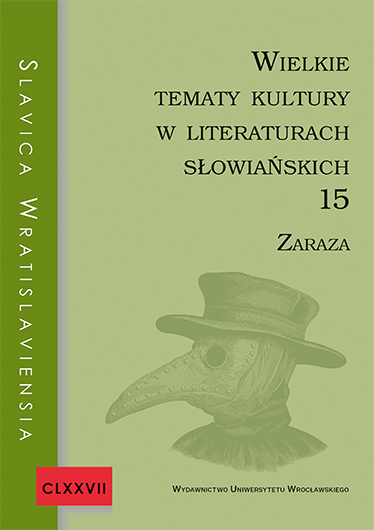

Artykuły

This paper focuses on the refl ection of the cholera outbreak in Eastern and Central Europe after 1907, as observable in Czech media, especially popular literature. The discourse of cholera is a discourse of panic. The newspapers described the disease and its symptoms in great detail, but at the same time aimed to calm the readers down. The panic caused by the outbreak was also a prominent motif in humorous and satirical works. This theme, of course, brought no innovations to the genre, but that does not proclude its impact on readers. The cholera panic was generally ridiculed in such works as it is seen as a disruption of the status quo. Their authors perceived a glaring contrast between an exaggerated fear of disease and the principles of common sense. This common sense should guarantee a rudimental, self-explanatory understanding of the world, and therefore safety amid dangerous threats. The motif of disease serves, predictably, as a means of confirmation of certain stereotypes about the proper ways of living.